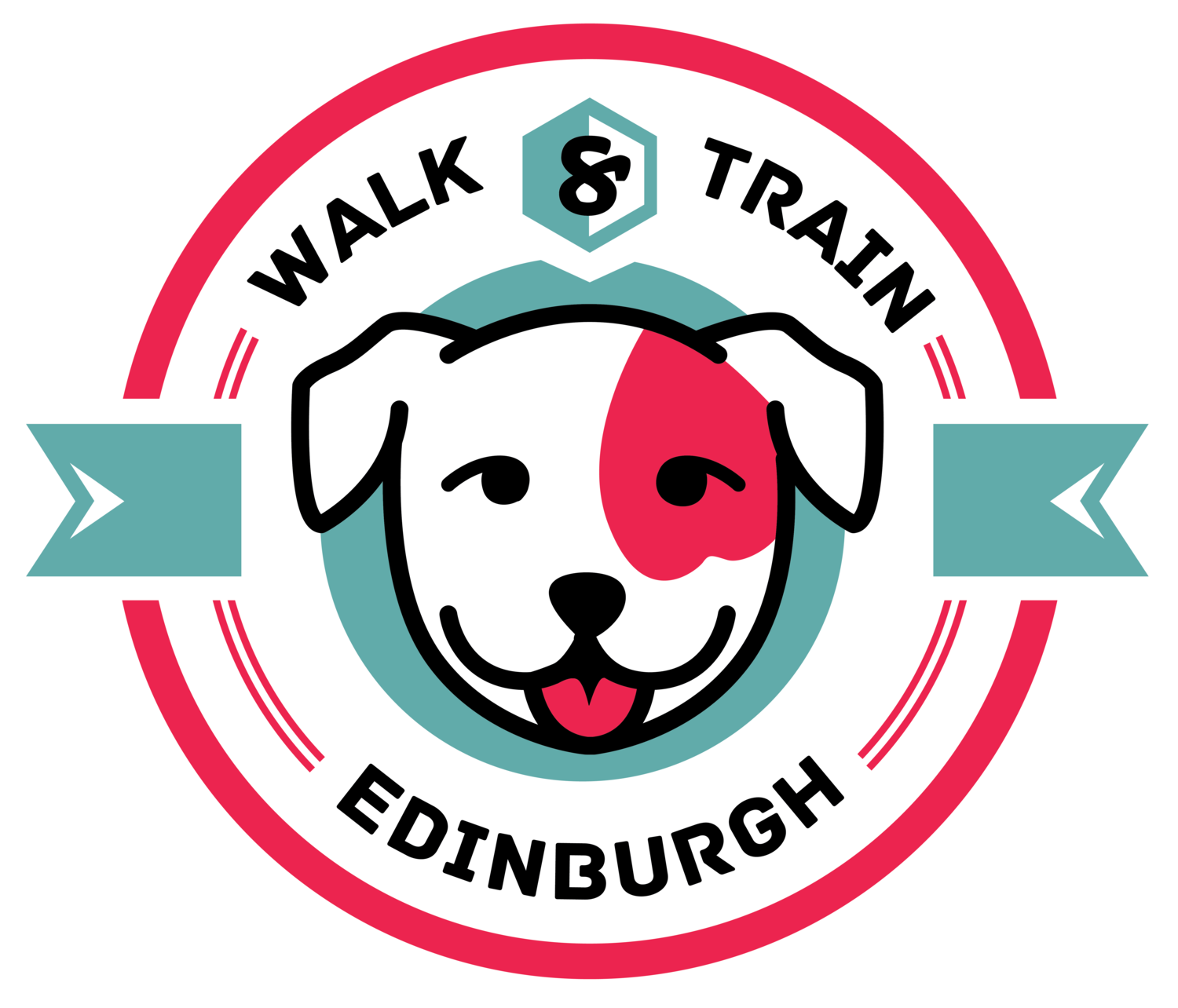Your New Rescue
The most common mistake that I see people making with their new rescue dogs is wanting to give them the whole world all at once. It is easy to feel sorry for a dog that has possibly had a tumultuous life, or a difficult last couple of months in kennels. However, sharing that kind of emotional state with them, giving them too much freedom or exposing them to a lot of different situations right at the start can be more damaging than helpful. It is important that you help your dog navigate your world, especially if it might not be used to living inside a home, or walking in the city. To read more providing appropriate guidance for your dog, check out this post.
Your new rescue might take a little while to settle in and might have built up stress from its previous life, or from the move. It is important to allow the dog to de-stress before you begin to gradually expose it to busy places with strange people and other dogs. Depending of the dog’s previous socialization or lack of thereof, everything in busy city environments can make a big impression on it, and the dog can struggle to process it all. This means that stress will build up fast, as the dog never really recovers after seeing something new or exciting, which can cause it to the quickly reach its breaking point and lash out. There are other dogs who will not necessarily lunge or bark if there are too many things around to focus and react to one specific trigger, but will instead retreat into themselves. However, internalizing stress, although sometimes not as obviously inconvenient to the owner, is just as damaging to the dog.
The stress from the kennels or from the move, paired with the trigger stacking from the environment makes for a bad combination. If you keep bringing the dog into these environments where the dog feels overwhelmed and is reactive, you have soon formed a new habit, and created a behaviour problem.
If you instead take things slowly, walk in calmer places, and allow the dog to de-stress before you expose it to new or challenging situations, your dog is more likely to cope with the situation in a more desirable way, and you can prevent a lot of behaviour problems from developing. Some dogs need to be taught how to cope and recover from stress, but in many cases, simply giving the dog time to slowly get used to its new home and routine will help.

